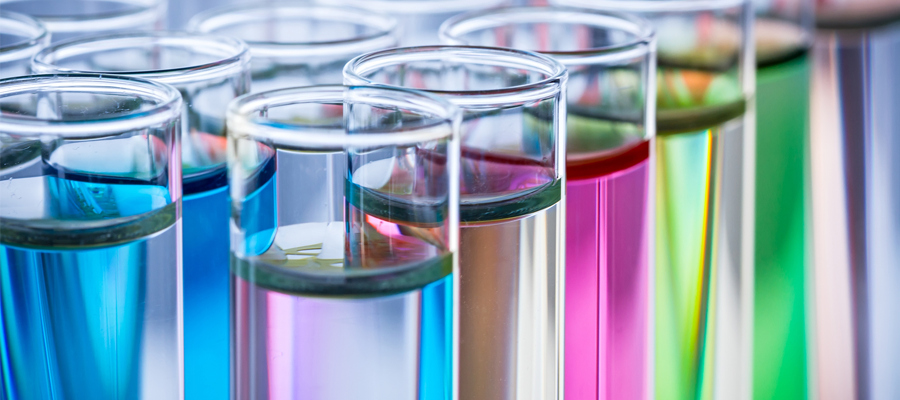Oxybenzone And Propylparaben Found In Consumer Goods Promotes Breast Cancer Even In Extremely Small Concentrations
Source: Thailand Medical News Jan 20, 2020 6 years, 1 month, 1 week, 5 hours ago
A novel approach to studying the effects of two common chemicals used in cosmetics and sunscreens found they can cause DNA damage in
breast cells at surprisingly low concentrations, while the same dose did not harm cells without
estrogen receptors.

The new research published in Environmental Health Perspectives, identifies a new mechanism by which
estrogens and
xenoestrogens-environmental chemicals that act like
estrogens,may promote
breast cancer, says
breast cancer researcher D. Joseph Jerry, Professor of Veterinary and Animal Sciences at the University of Massachusetts Amherst.
Dr Jerry also serves as science director of the Pioneer Valley Life Sciences Institute and co-director of the Rays of Hope Center for
Breast Cancer Research in a partnership between UMass Amherst and Baystate Medical Center.
Dr Jerry told
Thailand Medical News, "The new research offers more sensitive tools to screen for the potential deleterious effects of environmental chemicals, which would be overlooked by methods currently used."
He notes that federal agencies, such as the US Food and Drug Administration (FDA), typically screen for toxicity of these chemicals in cell lines that don't have
estrogen receptors.
The main two compounds examined in cells grown in the lab and in the mammary glands of mice were the ultraviolet filter
benzophenone-3 (
BP-3), also known as
oxybenzone, and
propylparaben (
PP), an antimicrobial preservative found in cosmetics, personal care products and many
consumer goods.
Dr Jerry emphasizes that more research is needed to determine what this discovery may mean in terms of consumer guidelines. "
Benzophenone-3 is a sunscreen that works. If you use it, you can prevent skin cancer. Am I arguing you shouldn't use sunscreen? I am not. But there may be a subset of people for whom it may present a significant hazard," says Dr Jerry, such as women at high risk for
breast cancer or those with a history of
estrogen receptor-positive
breast cancer.
Past research on the impact of
BP-3 and
PP focused on the exposure necessary to activate specific genes in
cancer cells or accelerate their growth. "Those effects required concentrations that exceed the levels that most women are normally exposed to," Dr Jerry says.
However the new research shows that DNA damage in
breast cells with
estrogen receptors occurred at concen
trations that are 1/10th to 1/30th of that required to stimulate proliferation or gene expression. "There may be a risk at lower levels than we would have previously understood," Dr Jerry says.
Dr Jerry and colleagues at UMass Amherst, UMass Medical Center-Baystate and Pioneer Valley Life Sciences Institute decided to look at whether
PP and
BP-3 have estrogenic effects at concentrations relevant to population exposures because "we know that
estrogen can promote
breast cancer," Dr Jerry says.
He added, "It's not toxic unless the cells have
estrogen receptors. So it's acting through the
estrogen receptor to create this damage. There is no consequence if you test it in other cells."
Reference : Environmental Health Perspectives (2020). ehp.niehs.nih.gov/doi/10.1289/ehp5221 